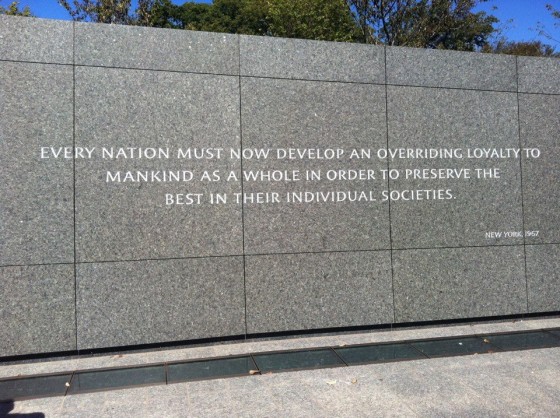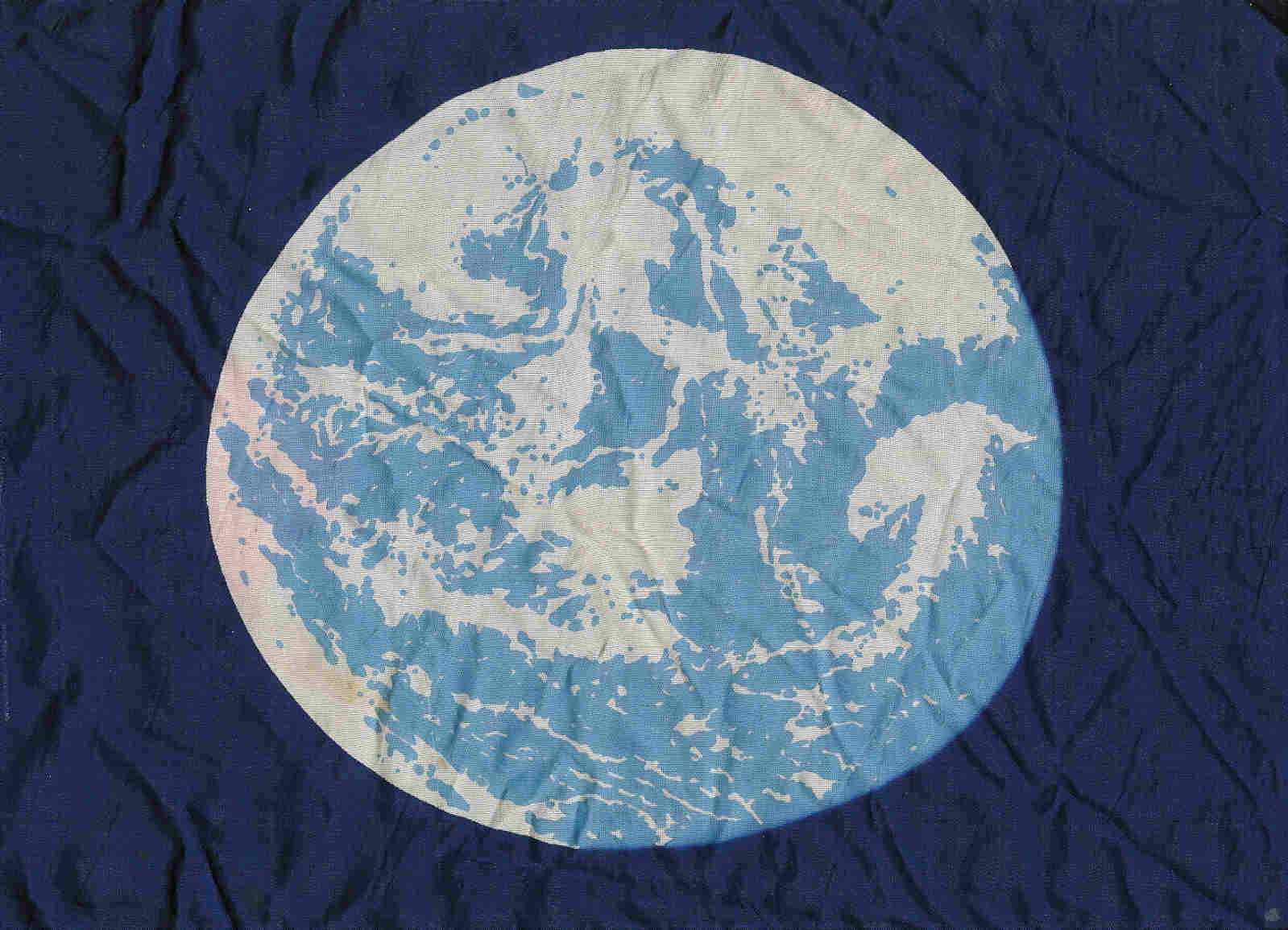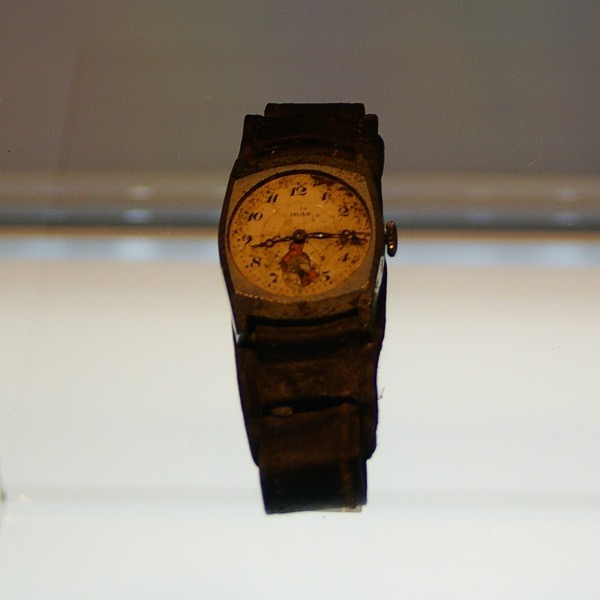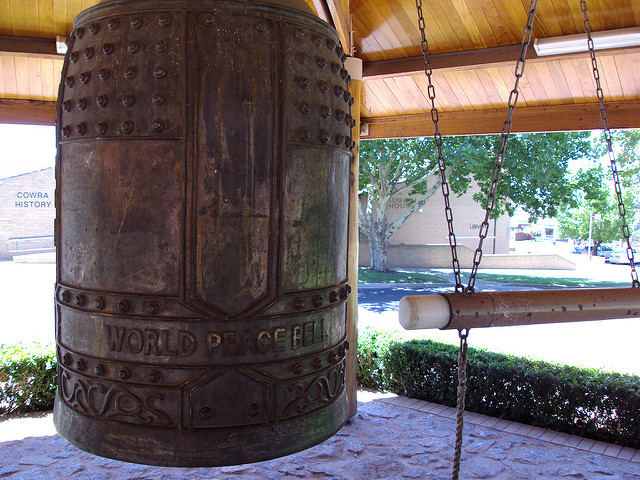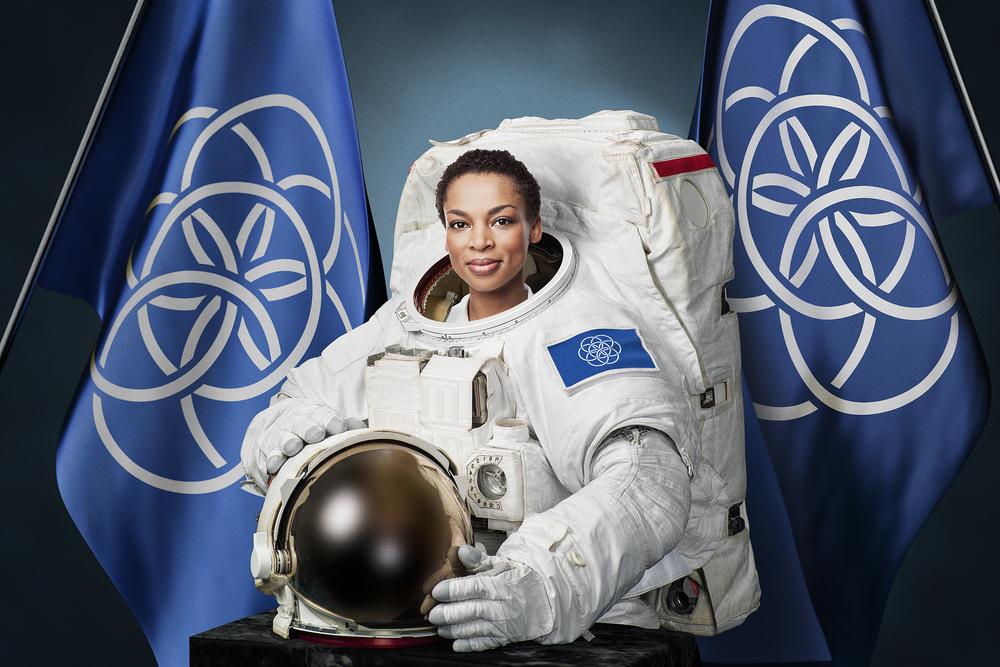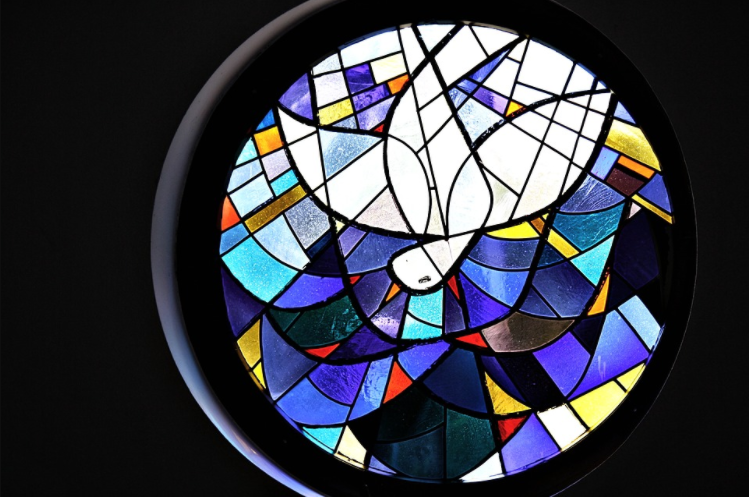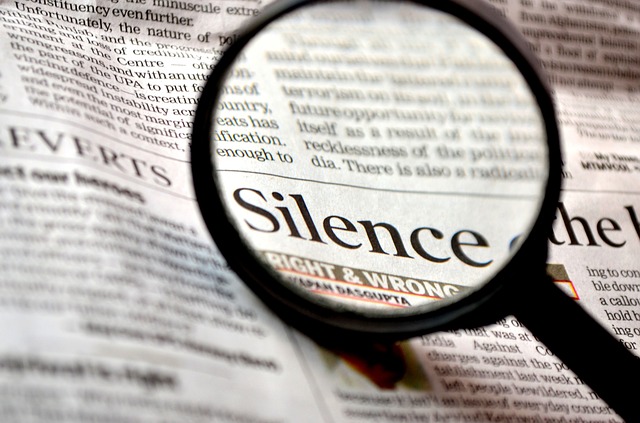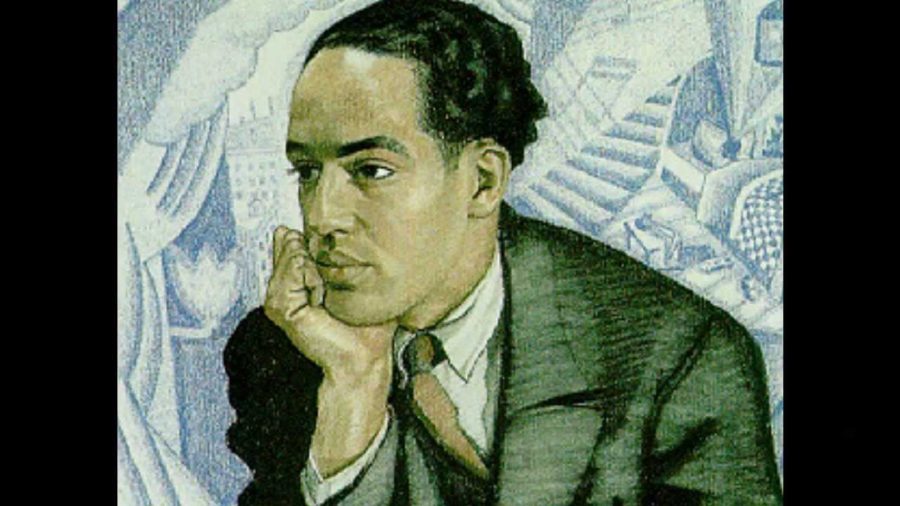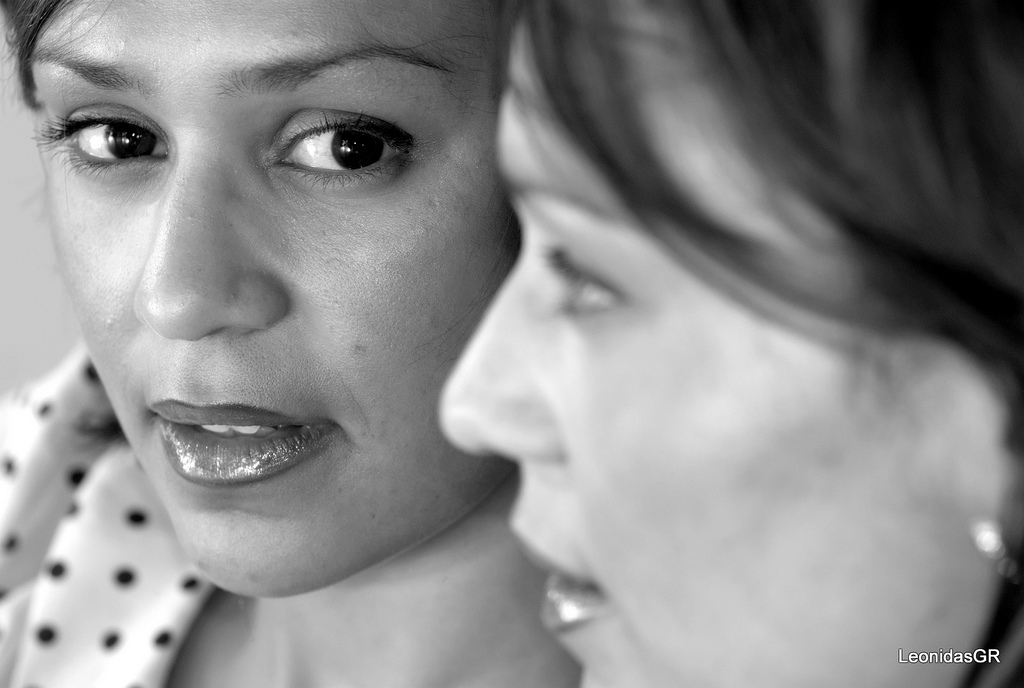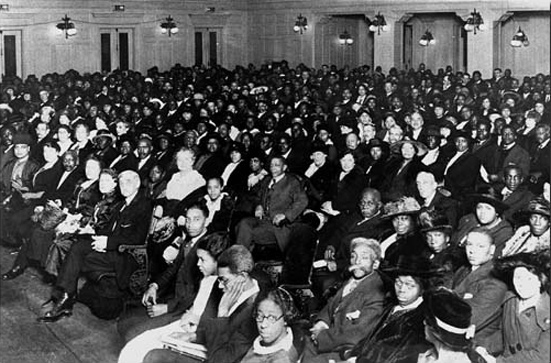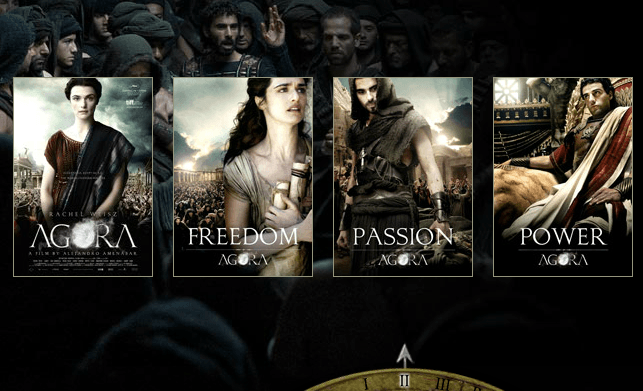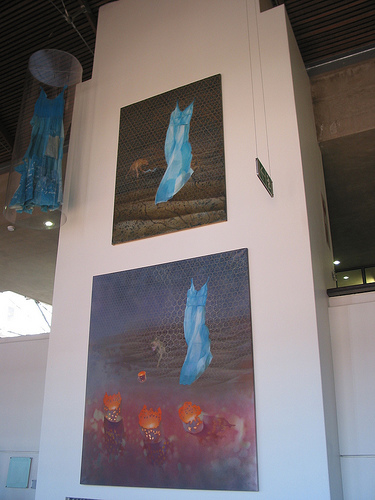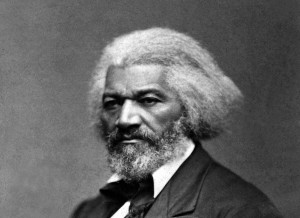-
Martin Luther King Civil Rights Leader and Peace Advocate (Part 1 of 4)
Martin Luther King, Jr. gave his life for the poor of the world, the garbage workers of Memphis and the peasants of Vietnam. The day that Negro people and others in bondage are truly free, on the day want is abolished, on the day wars are no more, on that day I know my husband will rest in a long-deserved peace.—Coretta King This article is part of a series on human rights forebears. Rev. Dr. Martin Luther King Jr lived a life beyond the ordinary and writing about him is challenging. His life made the world that came after him better. This article will not do justice to his contribution.…
-
Hiroshima
An old eucalyptus tree grows in the ruins of Hiroshima Castle. Although only 750 metres from ground zero when the atomic bomb was dropped on Hiroshima at 8.15 am on 6 August 1945, the eucalyptus tree survived and still lives. All around it for miles about was destroyed. Warfare has not been central to the discussion that has unfolded on this site, but it cannot be ignored. It is only foreigners or rebels that we kill in war. To label someone a foreigner is potentiality or in reality a licence to deprive them of life in “the national interest”. Moreover the logic of war provides a licence to deprive our…
-
How old is the idea of abolishing foreignness?
Today it is entirely natural to think that every person in the world is endowed with certain rights, ones that transcend foreignness and apply absolutely universally. We call these “human rights,” and we take them entirely for granted: We believe earnestly that everyone is indiscriminately entitled to them at birth, that we must safeguard them at almost all costs, and that anyone who violates them must be put to justice. Such a line of thinking is so dominant—perhaps even culturally hegemonic, though in a good way, if that is possible—that we may even tend to assume that this has always been true, that is, everyone has always had such rights,…
-
The borders of virtue and power
Closing borders: to refugees, to undocumented migrants, raises questions of virtue and questions of power. The public debate around borders is so fractured, so superficial, so bedevilled with assumption and ritual conflict that it conveys little new meaning. It simply reiterates the existence of a continuing contest – a contest that often is more about power than rights. In this contest we see progressively increasing brutality and violence. Resort to force, implicit or explicit, is the modern day tool of choice underpinning this public debate. Whether in the sophisticated armory and defenses of international borders or the increasing instances of riot of those who assert their freedom. The tiny island of Lampedusa saw such an example this…
-
Three reasons for Abandoning Mandatory Detention
A paper delivered at a roundtable on alternatives to detention held in Canberra, June 9 – 10, 2011 By Penelope Mathew Freilich Foundation Professor The Australian National University Why does mandatory detention of asylum seekers continue in Australia when there are alternatives? In this short presentation, I invite people to think about three important issues that shape the debate about Australia’s policy of mandatory detention – legality, proportionality and risk. I begin with legality, because it is clear that one of the obstacles to alternatives to detention is the perception that unauthorized arrivals seeking asylum have acted illegally. One reason for this perception is that human rights law speaks with…
-
Do Foreigners Have the Same Human Rights as the Rest of Us?
At the core of human rights is the axiomatic truth that human beings have inherent rights: that all human beings are equal and possessed of dignity and that violation of such rights is both morally offensive and legally impermissible. An alternative ordering of human relationships is mandated by exclusive national citizenship. Implicitly and explicitly national citizenship counsels the primacy of the privileged ‘citizen’ over the ‘non-citizen’ ‘other’. Everywhere we see the manifestation of this ordering in gross, systematic and widespread human rights violations: in our laws, practices, attitudes and media. Some of ‘us’ are the privileged beneficiaries of those violations: and we violate the human rights of foreigners as if…
-
No One is Illegal
“You who are so-called illegal aliens must know that no human being is ‘illegal’. That is a contradiction in terms. Human beings can be beautiful or more beautiful, they can be fat or skinny, they can be right or wrong, but illegal? How can a human being be illegal?” Elie Wiesel, holocaust survivor, nobel peace prize recipient. If you search for the phrase “No One is Illegal” – you’ll see that its an idea that’s catching on. People are finding the idea relevant in places such as Vancouver, the UK, Montreal, Ottawa, Toronto, Melbourne, Tubingen, Poland and Sweden. Organisations such as change.org and colorlines are speaking out against use of…
-
Love Your Mother
Pictures of planet Earth “our home planet” capture our imagination. This one commemorates Earth Day and its message is simple: we need to love the planet we live on. It’s easy to take our ability to see the whole Earth for granted and to forget that until the ‘Space Age’ at the end of the 1960’s we had simply never seen it that way: we’d never got the whole thing in perspective. “The Blue Marble”, the photograph that appears in our logo, was taken in 1972 by Harrison Schmitt, one of the astronauts of the Apollo 17 mission. Robert Poole is his book Earthrise: How Man First Saw the Earth describes it as ‘A photographic manifesto for…
-
Book Review: The Strange Alchemy of Law and Life by Justice Albie Sachs
The victims and perpetrators of human rights abuses whisper from the pages of this short book. They speak to us of their struggle to realize their own humanity and recognize the humanity of each other. For a judge The Strange Alchemy of Law and Life is an unusual book. But then Albie Sachs is an unusual judge. A member of the African National Congress and a legal adviser to it when it was still a revolutionary movement, Albie Sach’s life moves from barely surviving a state sponsored terrorist bombing, to which he lost an arm and an eye, to sitting on the Constitutional Court of South Africa. It is the kind of life that prompts reflection,…
